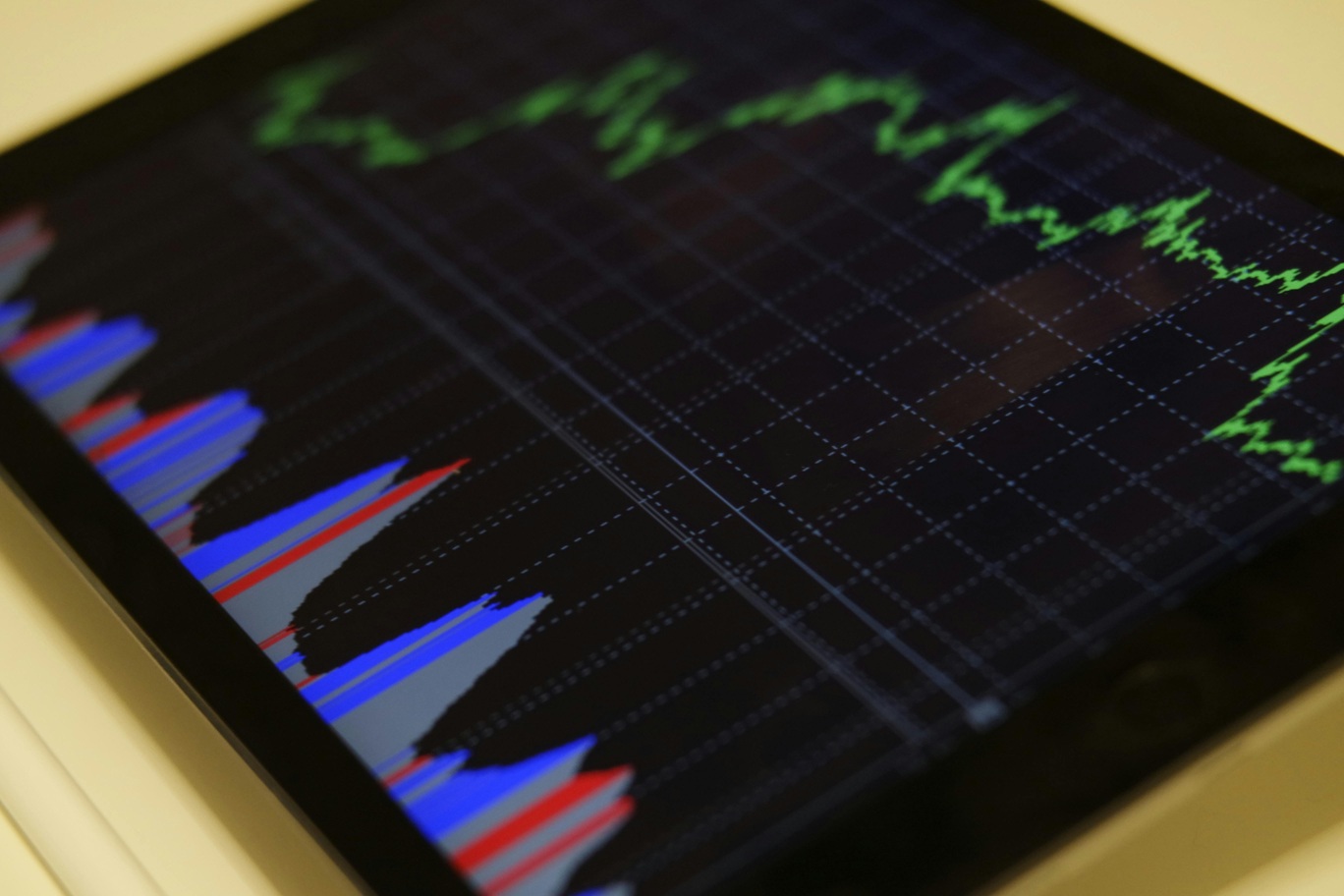In recent years, Nigeria has witnessed a significant shift in the way its residents approach investing. One of the emerging trends in the Nigerian trading landscape is indices trading. This type of trading allows investors to diversify their portfolios while participating in broader market movements, without the need to trade individual stocks. As Nigeria’s financial markets evolve, indices trading is becoming an attractive option for both retail and institutional investors.
What is Indices Trading?
Indices trading involves buying and selling the performance of a market index, a measure of a group of stocks’ performance. These indices typically include stocks from various sectors, representing a large portion of the market. For example, the Nigerian Stock Exchange (NSE) 30 Index tracks the performance of the 30 largest companies listed. By trading indices, investors gain exposure to a broad range of assets with one transaction, allowing them to capitalize on market trends without selecting individual stocks.
Key Indices in Nigeria
Nigeria’s stock market features several important indices, each reflecting a different segment of the economy. The NSE 30 Index, which tracks the 30 largest and most liquid companies, is a key indicator of the country’s economic health, covering sectors like banking, oil and gas, telecommunications, and consumer goods.
The NSE All-Share Index tracks all listed stocks on the Nigerian Stock Exchange, offering a broader view of market performance. Additionally, the NSE Banking Index and NSE Consumer Goods Index allow investors to focus on specific sectors. To make more informed decisions, traders can use a trading calculator to assess potential profits, losses, and manage risk across these indices, helping ensure strategic and efficient trading.
Advantages of Indices Trading in Nigeria
Diversification
One of the main advantages of indices trading is diversification. Unlike investing in individual stocks, which can be volatile and carry significant risks, indices spread risk across multiple companies in different sectors. This makes indices a safer option for traders who want to capture the overall market’s performance without the risk of relying too heavily on a single company’s performance. For Nigerian traders, indices offer an opportunity to tap into the broader market dynamics without being exposed to the fluctuations of a specific sector or stock.
Accessibility to Global Markets
Another benefit of indices trading is that it provides access to global markets. While Nigerian traders may be primarily focused on the local market, indices allow them to trade on international markets as well. Many Nigerian brokers offer indices based on major global exchanges such as the S&P 500 (USA), FTSE 100 (UK), and the Nikkei 225 (Japan). This opens up new avenues for Nigerian traders to diversify their portfolios by investing in assets beyond the local market.
Liquidity
Indices, particularly those that track large companies or major exchanges, tend to be highly liquid. This means there is always a market for buying and selling, making it easier for traders to enter and exit positions quickly. This high liquidity is a key benefit for traders who want the flexibility to execute trades at favorable prices without worrying about the market moving against them.
Leverage
Indices trading also offers the advantage of leverage. This allows traders to borrow capital to increase the size of their positions, amplifying potential profits. While leverage increases both potential returns and risks, it is particularly attractive for experienced traders looking to maximize their exposure to market movements. For Nigerian traders, the ability to leverage their positions can lead to higher profits, provided they manage their risks effectively.
Challenges of Indices Trading in Nigeria
While indices trading offers several benefits, there are also challenges that Nigerian traders need to consider. One of the primary concerns is the lack of awareness and understanding of indices trading among the general public. Many Nigerian investors are more familiar with trading individual stocks and may not fully understand how indices function or how to take advantage of them.
Market Volatility
Another challenge is the inherent volatility of the markets. While indices offer diversification, they are still subject to the overall market conditions. The Nigerian stock market, like many emerging markets, can experience significant price fluctuations due to political events, economic instability, or global market trends. This volatility can impact the performance of indices and presents a challenge for traders who are looking for stable returns.
Regulatory Concerns
The Nigerian financial markets are regulated by the Securities and Exchange Commission (SEC), which is responsible for ensuring that trading activities are fair and transparent. While the SEC has made significant strides in improving the regulatory environment, there are still concerns about the enforcement of regulations, especially in the context of online trading platforms. Traders need to ensure that they are using licensed and regulated brokers to mitigate the risk of fraud or malpractice.
How to Get Started with Indices Trading in Nigeria
For Nigerian traders interested in indices trading, the first step is selecting a reliable, regulated broker. Many international brokers offer access to both local and global indices, so traders should look for platforms with a diverse range of options. After setting up an account, traders should research different indices and develop a strategy that suits their investment goals.
New traders should consider starting with a demo account, which lets them practice trading without risking real money. This allows them to familiarize themselves with the platform, test strategies, and gain confidence before moving on to live trading.








